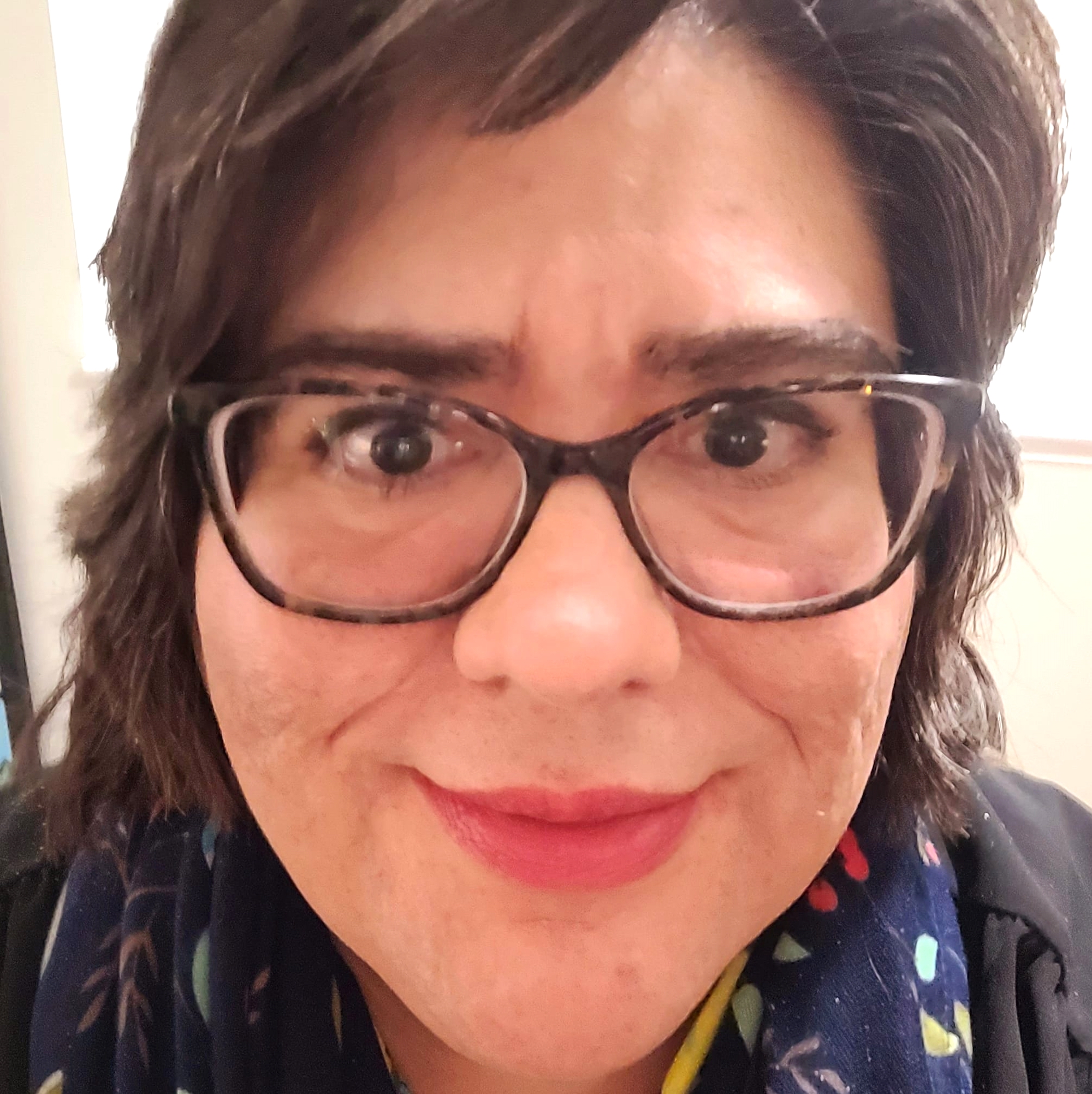By Karen Schnurstein
Her childhood church
was exactly
as she remembered:
flooded in red carpet,
dark, glossy wooden pews
holding everything
in order.
On the ceiling,
high as the sky—
the many mighty
phoenix symbols
(white and black,
on red and blue tiles).
Before she was born,
a fire—started
in the bell tower
from a lit cigarette butt
carried by a bird
to its nest there.
(A story more believable
when she was
a child.)
Her father’s body
strangely missing
from his funeral,
already donated
to the medical school.
The shock of the sight
of the large packed sanctuary:
so many lives
touched by a supposedly
magnificent man
who had barely touched
her own, and when
he had, the result
was once
frightening.
The family filed in
from the chapel
somberly and took
their first-row place
among the fervent audience.
Funny, the only pain
she remembers
were her too-narrow
high heels and the fact
that her exacting brother
had taken charge
of the whole thing
and was making
a passionate speech.
Once, her father
had told her
of a time
when he had spat
on another man’s shoe
in an elevator
to express his extreme
disapproval.
To this day, no one
believes this story.
Much like they won’t
believe
if she tells about
the time her father
came to her bed
when she was too young
to understand
and planted a death
upon her—
a death
she would carry
until the age
of 42 before seeing
clearly.
“The Church
of the Phoenix,”
she meditates.
“Thank you, God,
for that.”
Karen Schnurstein holds a B.A. in Creative Writing from Western Michigan University where she studied with Nancy Eimers, Jaimy Gordon, and Mark Halliday. Her work has appeared in The Ibis Head Review, Bi Women Quarterly, and Adelaide Magazine.

